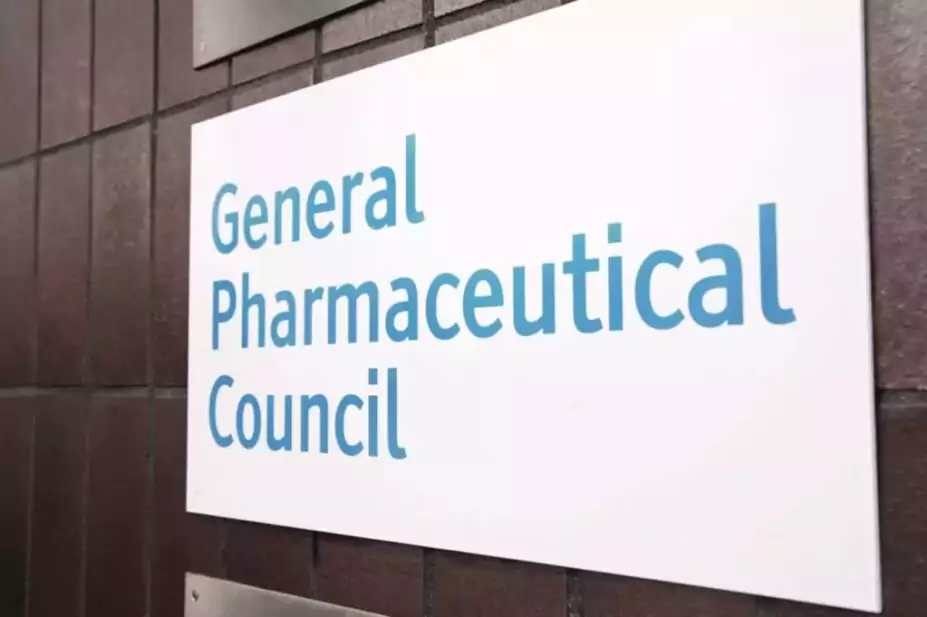
General Pharmaceutical Council
The General Pharmaceutical Council (GPhC) is expected to trial an independent complaint handling service as an alternative to fitness-to-practise (FtP) reporting.
In council papers due to be discussed by the regulator at a meeting on 17 July 2025, the GPhC said it would “develop a feasibility option and pilot for an independent complaint handling service as a means of diverting low-level concerns about our registrants to a more appropriate service”.
In the papers, the GPhC said that the volume of new concerns received in 2024/2025 had reached a “record high”, with FtP reporting to the GPhC having increased by 13% year on year, which has meant an increase of more than 100% in reports over the past four years.
It added that if concerns reported to the GPhC by the public — and then concluded by its customer contact team — are counted, then “almost 7,000” FtP complaints were logged during the last reporting year.
“The volume of concerns received by the GPhC is unsustainable and wholly disproportionate to the number of pharmacists and pharmacy technicians that we register at just under 93,000,” the papers said.
“We currently receive more concerns per month than the Nursing and Midwifery Council, the largest of the healthcare regulators with over 824,000 registrants.”
The council papers also said that the regulator was working towards producing its first enforcement acceptance criteria “to set out the remit of the regulator and more clearly define what concerns we will consider for further investigation”.
The criteria will include “reference to concerns about professionals and pharmacy issues, drawing together the clear links between our respective functions”, the GPhC said, adding that it intends to overlay this with a guidance page on its website, “ideally including a self-help tool, which should help divert concerns to the appropriate authority without the need to log and assess them”.
“The pharmacy sector is in the minority of healthcare providers in that it has no alternative resolution service for general complaints, and the GPhC has, to date, sought to fill that void,” the GPhC papers said.
“This project will require additional investment and will not immediately produce an immediate realisable financial benefit, but it should be considered a longer-term investment towards an improvement in the quality of service provided to registrants and the public and enable a reallocation of resource to concerns that raise serious regulatory concerns.”
Commenting on the proposals, Claire Anderson, president of the Royal Pharmaceutical Society, said: “We welcome the GPhC’s proposal to pilot an independent complaints service for low-level concerns.
“Pharmacists have told us the current FtP process is slow and distressing, even for minor issues. A fairer alternative could reduce unnecessary escalation and promote a more learning-focused approach whilst still protecting patient safety and public trust. We look forward to seeing more detail and how the profession will be involved in its development.”
The GPhC has failed to meet the Professional Standards Authority standard on timeliness of FtP processes for the past six years.
1 comment
You must be logged in to post a comment.



Oh, for the "good old days" when our Society had an Inspectors who could and would liaise with our Members and give hints and advice, and, yes, "cautions". The other, perhaps mainm aspect of "The Inspector" was contact with our Society at Lambeth. Most Members work in isolation; this contact was greatly valued,